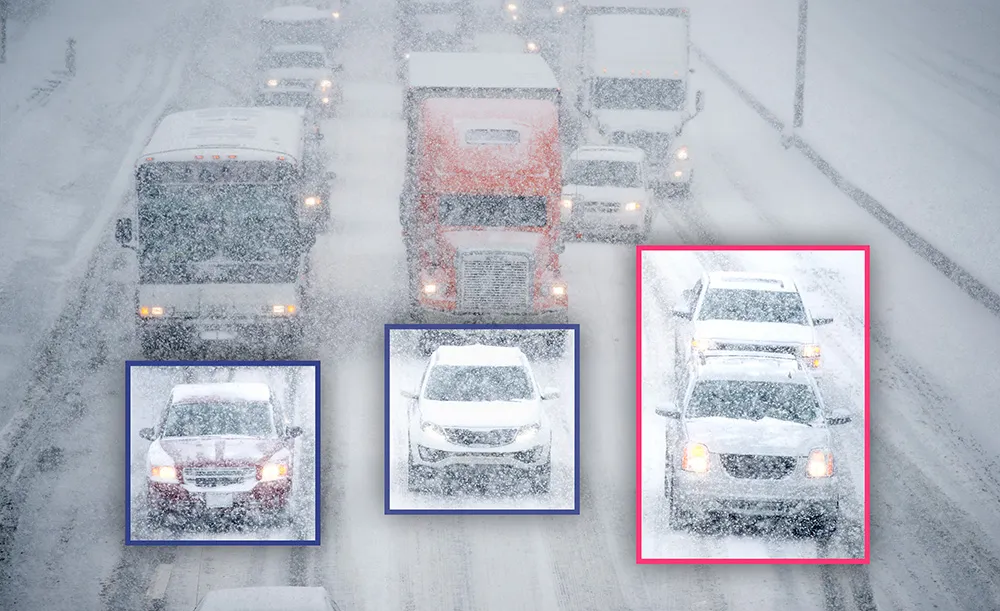Gewi’s message here at the ITS World Congress Melbourne is good news for road agencies: today’s vehicles generate data that can be collected by the company’s TIC software, which can then automatically create an incident response to be processed by road agencies.
As the connected vehicle market grows, an increasing amount of vehicle-generated data is becoming available. This is an invaluable source of information that can help road agencies to manage their network more efficiently.
Gewi’s TIC software
October 10, 2016
Read time: 2 mins

As the connected vehicle market grows, an increasing amount of vehicle-generated data is becoming available. This is an invaluable source of information that can help road agencies to manage their network more efficiently.
Gewi’s TIC software provides the link between vehicles and road agencies allowing incident responses that can be customised by incident type, and where TIC manages all steps to clear the incident. This includes alerting drivers via navigation systems, broadcast radio, smart phones and social media. Since this is done in realtime, the rapid response helps prevent secondary incidents and further delays.
Road agencies can also improve work zone safety by providing accurate information to the vehicles while also collecting real-time Work Zone data detected by vehicle sensors. As a commercial off-the-shelf (COTS) product, Gewi says that TIC can easily be configured to satisfy project requirements and be deployed more quickly and at a lower cost than custom-built solutions.
Founded in 1992, Gewi has continually improved the TIC software product since its launch in 1997. Today TIC is used worldwide as a solution for many traffic projects including work zones, road incident management, traffic news for radio, real-time information for navigation, traffic and travel Information services, and more.










